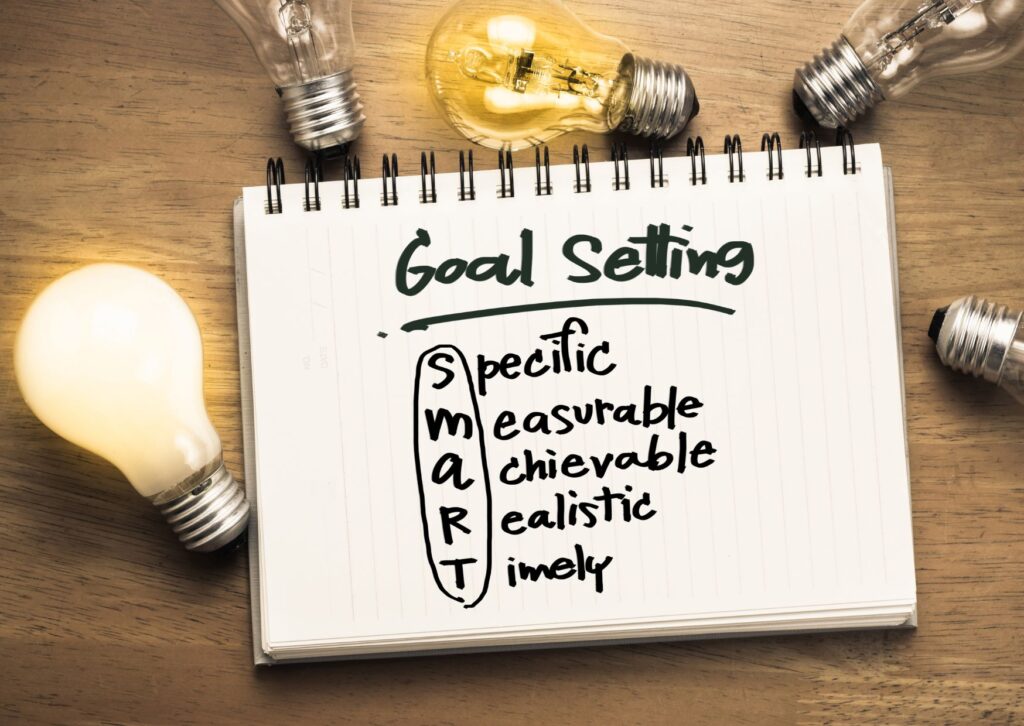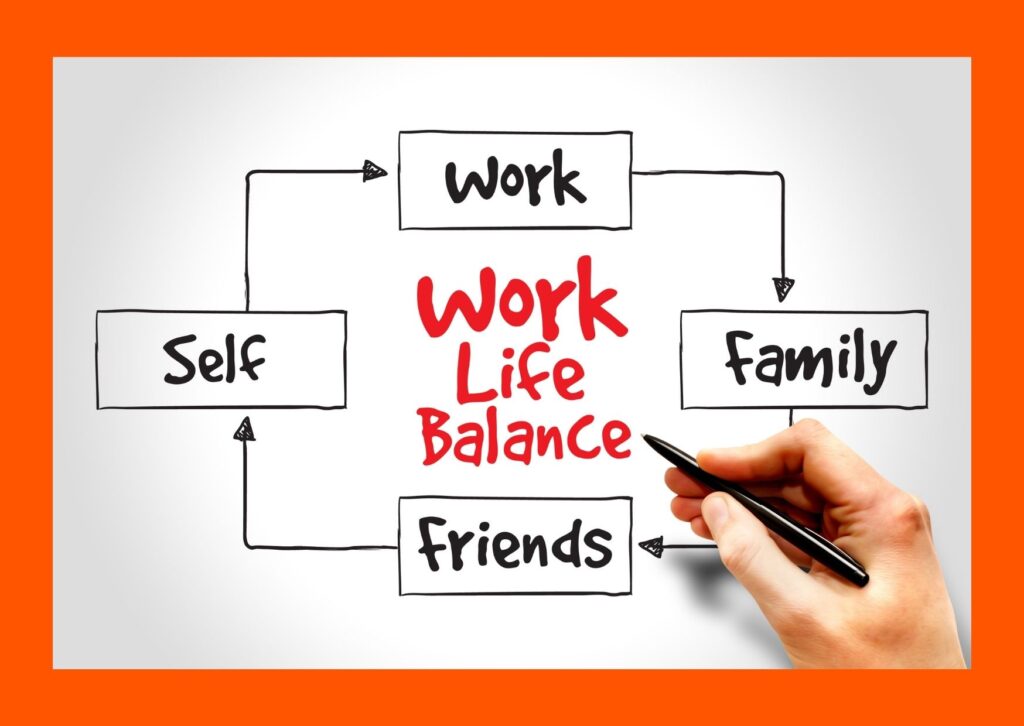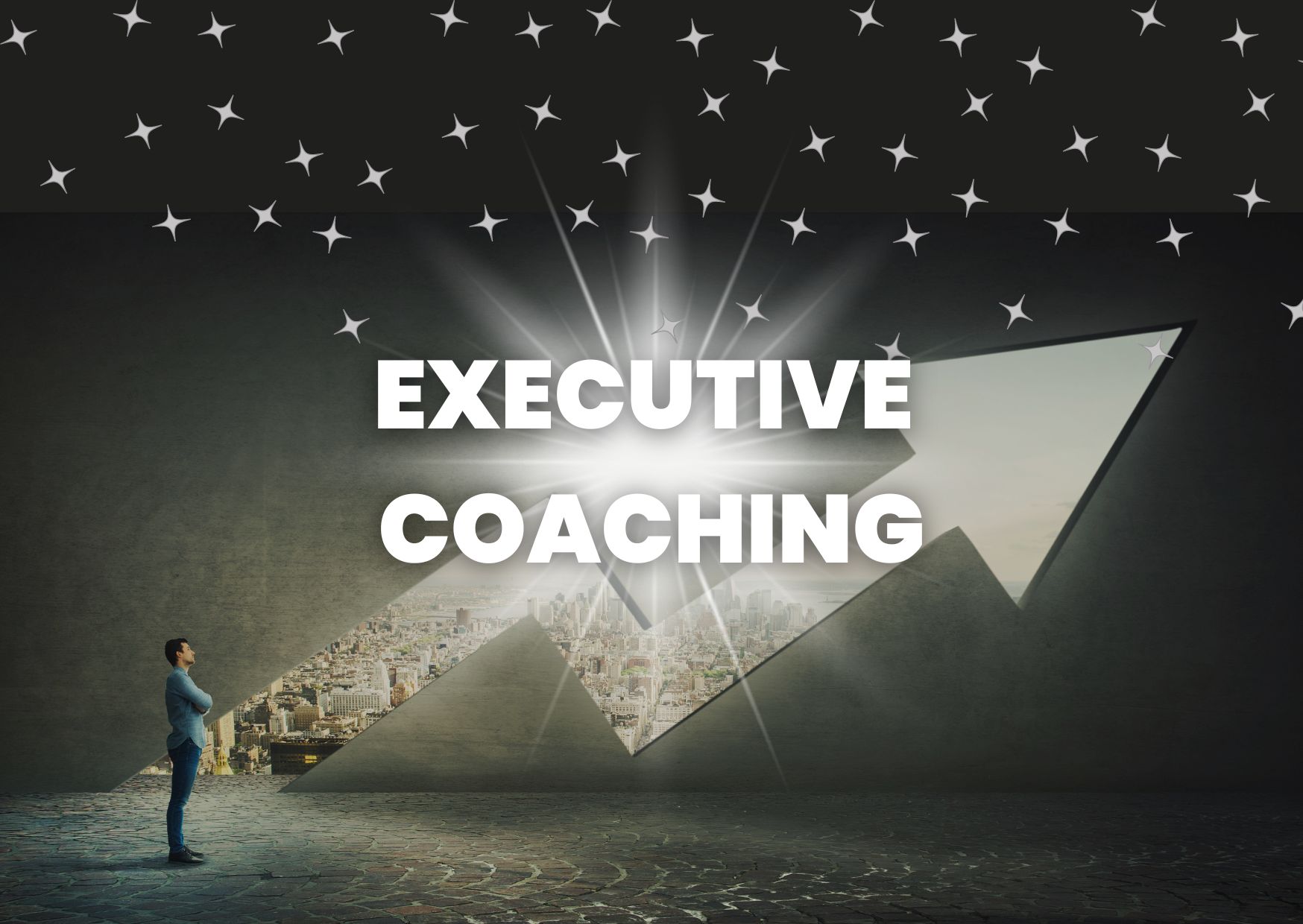10 Life-Changing Benefits of Executive Coaching
Are you ready to level up your leadership game, build skills, self confidence and transform your professional development?
Executive coaching might just be the secret ingredient you need.
With a personalised approach, experienced coaches help high-achievers like you navigate the complex world of leadership and drive success in your organisation.
In this blog, we’ll explore 10 incredible benefits of executive coaching, from enhanced communication skills to improved work-life balance.
We’ll also answer a range of other questions to help you understand everything you need to know about executive coaching.
Contents
Video of The Executive Coach we Rely on
How Executive Coaching Typically Works
What is the Difference Between Coaching and Executive Coaching?
Is an Executive Coach Worth It?
What are the Disadvantages of Executive Coaching?
How Long Should Executive Coaching Last?
How do you Prepare for Executive Coaching?
What do you Talk About in an Executive Coaching Session?
What Does a Successful Coaching Session Look Like?
10 Benefits of Executive Coaching

What is Executive Coaching?
Executive coaching, in a nutshell, is like having a personal trainer for your professional life.
It’s a collaborative process where an trained professional works one-on-one with leaders and executives to unlock their potential and enhance professional development.
Through thought-provoking conversations and practical exercises, executive coaching focuses on helping executives hone their soft skills, navigate challenges, and achieve career success.
By offering guidance, encouragement, and an unbiased perspective, executive coaches empower professionals to become the best versions of themselves throughout the coaching process. Both in and out of the office.
So, if you’re looking to level up your leadership toolkit, and some support doing it, executive coaching might just be the secret ingredient you need!
Executive positions that can gain the benefits of executive coaching can include senior executives, business leaders, vice presidents, senior leaders, or anyone in the organization c suite.
Video of The Executive Coach we Rely on
Want to work with Paul?
Check out Pauls executive coaching experience here.
How Executive Coaching Typically Works
Before you sign up to a series of sessions with an executive coach you’ll need to have a “Chemistry Call” with your potential coach.
This is typically a 30 minute call where you can have an introductory chat and see if your personalities align.
Clients may discuss their strategic objectives, the type of support they’d like or the support system they’d like to create.
One executive coach is not always right for everyone and a chemistry session is essential to ensure the right fit.
Once you’ve agreed that the coach is right for you, both coach and executive agree a relevant meeting frequency.
Prior to the first meeting, the coach may insist on an intake session.
This is where the coach holds stakeholder interviews with individuals an executive works closely with, to understand areas that may be worth focusing on to achieve the best results.
This helps to ensure you get the full benefits of executive coaching.
What is the Difference Between Coaching and Executive Coaching?
Coaching and executive coaching both aim to help individuals grow and achieve their goals, but they target different aspects and levels of personal development.
Coaching, in a broader sense, caters to people from various walks of life and professions, focusing on areas like personal development, career transitions, or work-life balance.
It’s like having a supportive friend who helps you uncover your strengths and overcome obstacles, no matter your field or experience.
Executive coaches, on the other hand, is tailored specifically for leaders and top-level professionals. It dives deep into the challenges faced by these high-achievers, addressing aspects like strategic decision-making, team management, and organizational culture.
So, while both coaching styles have their merits, executive coaching is the one with a laser-sharp focus on helping you excel at the helm of your organization.

Is an Executive Coach Worth It?
Deciding if an executive coach is worth it depends on your unique needs and goals as a leader.
It’s like asking if a personal trainer is worth it; for some, the guidance and motivation are invaluable, while others may prefer going solo.
An executive coach can be a game-changer if you’re looking to enhance your leadership skills, overcome challenges, and create a lasting impact on your organization.
Executive coaches provide valuable insights, different perspectives, and personalised strategies to help you grow professionally and personally.
Moreover, you’ll need to be open to constructive feedback and committed to putting in the work required to see tangible results.
In the end, if you’re willing to invest in yourself and some performance coaching as a leader, an executive coach can be an incredible asset that’s worth every penny.

What are the Disadvantages of Executive Coaching?
While executive coaching can bring numerous benefits, there are a few potential disadvantages to consider.
First and foremost, it’s not a one-size-fits-all solution.
The effectiveness of coaching depends on factors like the coach’s expertise, the rapport between coach and client, and the client’s willingness to embrace change.
If these elements don’t align, the experience might be less fruitful.
Another concern is the financial investment.
Executive coaching can be costly, and not every organisation or individual can comfortably bear the expense.
It’s essential to weigh the potential benefits against the costs and evaluate if the return on investment is worth it for your specific situation.
Time commitment is another factor. Executive coaching requires a significant investment of time and energy from both the client and the coach.
Busy professionals may find it challenging to balance their existing responsibilities with the additional demands of coaching sessions and follow-up work.
Lastly, there’s the challenge of confidentiality. While most coaches maintain strict confidentiality, discussing sensitive information about your organisation or team with an outsider may cause discomfort for some executives.
While executive coaching can be incredibly valuable, it’s essential to evaluate the potential drawbacks and determine if it’s the right fit for you and your organisation.
How Long Should Executive Coaching Last?
The duration of executive coaching varies based on individual needs, goals, and the specific challenges being addressed.
There’s no one-size-fits-all timeline, as each coaching style and relationship is unique and tailored to the client’s situation.
That said, typical executive coaching services can last anywhere from three months to a year, with most sessions held every two to four weeks.
During the initial phase, the coach and client work together to establish clear objectives and a plan for achieving them.
As the coaching progresses, they’ll regularly review and adjust the plan to ensure it stays on track.
Ideally, coaching should continue until the client feels confident in their ability to apply the new skills and strategies independently.
Ultimately, the duration of executive coaching should be flexible enough to accommodate the unique needs and preferences of each client, while still allowing ample time for meaningful growth and development.
How do you Prepare for Executive Coaching?
Preparing for executive coaching is like gearing up for a journey of self-discovery and growth. To make the most of your coaching experience, consider the following steps:
Set Clear Goals
Reflect on what you want to achieve through coaching. Identifying specific objectives, whether it’s improved leadership skills, better decision-making, or enhanced work-life balance, will help guide your sessions and ensure you stay focused. This will help you through the executive coaching process

Choose the Right Coach
Clients should find an executive coach who resonates with their values and has experience in your industry.
This connection is vital for a successful coaching relationship, so take the time to research, interview, and even ask for references before making a decision.
Embrace Openness
Enter the coaching process with an open mind and a willingness to be vulnerable. Honest self-assessment and a readiness to accept feedback are crucial for meaningful growth.
Create a Safe Space
Ensure you have a private, comfortable environment for your coaching sessions, free from distractions. This space will help you focus and engage fully in the process.
Commit to the Process
Executive coaching requires dedication and effort. Be prepared to invest time and energy into the sessions, as well as the follow-up work and self-reflection.
Experienced coaches will not put up with clients who aren’t committed.
Communicate with Stakeholders
If your organisation is sponsoring your coaching, keep relevant stakeholders informed about your goal achievement and progress. Executive leadership coaching benefits the key stakeholders too.
Their support and involvement can enhance the coaching experience and ensure better integration of your learning into the workplace.
Reflect and Take Notes
Regularly jot down your thoughts, insights, and action items from your coaching sessions. This practice will help you retain and apply your learnings more effectively.
By taking these steps to prepare for executive coaching, you’ll be well-positioned to reap the benefits and accelerate your journey toward personal and professional growth.
What do you Talk About in an Executive Coaching Session?
An executive coaching session is like a tailor-made conversation that revolves around your unique needs, goals, stated objectives, and challenges as a leader.
Most leaders will talk about finding the best solution for their career and business success.
Career coaching is also part of working with an executive coach.
However, topics can vary greatly depending on your objectives, but here are some common themes you might explore during your sessions:
Leadership Development
Discuss strategies to enhance your leadership skills, such as communication, decision-making, emotional intelligence, and how to support and inspire your team.

Goal Setting
Work with your coach so they can support you to set specific, measurable, achievable, relevant, and time-bound (SMART) goals for your personal and professional growth.
Career Progression
Talk about your career aspirations, identifying opportunities for advancement and creating a roadmap to achieve them.
Problem-solving
Address real-time challenges and obstacles you’re facing in your role, brainstorming solutions and developing action plans to support you with our problems.
Team Dynamics
Explore ways to build a positive and high-performing team culture, manage conflicts, and foster collaboration.
Organisational Culture
Delve into your organisation’s culture, identifying areas for improvement and discussing strategies to create a more inclusive and supportive environment.
Time Management
Discuss techniques to balance competing priorities, delegate effectively, and optimise your time and energy.
Work-life Balance
Share concerns about maintaining a healthy balance between your professional and personal lives, and work with your coach to develop coping strategies and self-care practices.

Feedback and Reflection
Review feedback from colleagues or employees and discuss how to apply the insights to your leadership style and approach.
Personal Growth
Talk about your values, strengths, and areas for development, setting the stage for ongoing self-improvement.
Your coach is there to support, listen, guide, and empower you on your journey toward becoming a more effective and fulfilled leader.
What Does a Successful Coaching Session Look Like?
A successful coaching session resembles a stimulating conversation where both coach and client work together to facilitate growth and learning.
Executive coaches typically begin each session with a clear agenda and specific goals, ensuring that both parties are aligned on the desired outcomes.
Throughout the conversation, an environment of trust and mutual respect is fostered, allowing the client to feel comfortable sharing their thoughts, feelings, and concerns openly.
Active listening plays a significant role in a successful coaching session, with the coach attentively absorbing the client’s input and asking thought-provoking questions that encourage deeper reflection.

Executive coaches then provide valuable insights and feedback, guiding the client to explore different perspectives and possible solutions.
Together, executive coaches develop an action plan that’s aligned with the client’s goals and objectives, setting realistic expectations and milestones.
Success also depends on the client’s commitment to the process.
Coaching clients must be willing to reflect on their experiences, consider new ideas, and take responsibility for implementing the agreed-upon actions.
As the coaching engagement concludes, the coach and client review the key takeaways and agree on the next steps, maintaining accountability and ensuring continued progress.
Ultimately, executive coaching works when a client leaves feeling empowered, inspired, and ready to take on their challenges with newfound confidence and clarity.
10 Benefits of Executive Coaching
Here are some of the common benefits and positive outcomes upper management can achieve by working with an executive coach.
1. Enhanced Leadership Skills
Executive coaching is a powerful tool for senior executives. It helps business leaders fine-tune their abilities, ensuring they inspire and guide their teams effectively.
By exploring conflict management and strategic decision-making, executives become better leaders who foster unity and purpose.
Coaches help to shed light on different leadership styles, allowing leaders to adapt their approach to suit various situations and personalities.
2. Improved Communication
Strong Communication is the backbone of successful leadership. Executive coaching sharpens communication skills, enabling leaders to convey their ideas clearly, listen actively, and foster open dialogue.
By mastering the art of communication, executives can better understand their teams’ needs, address concerns, and facilitate collaboration.
As leaders become more adept at delivering constructive feedback and articulating expectations, team members feel more connected and engaged, ultimately boosting the organisation’s overall performance.

3. Increased Self-awareness
Self-awareness is critical for effective leadership.
Through executive coaching, individuals gain insights into their strengths, weaknesses, and blind spots.
By understanding their leadership style and emotional intelligence, executives can better manage their emotions and empathise with their team members.
This heightened self-awareness enables leaders to adapt their approach, improve listening skills, create more meaningful connections, and drive positive change within their organisation.
4. Better Decision-making
Coaches nurture critical thinking and problem-solving skills, empowering leaders to make well-informed decisions that align with their organisation’s goals and values.
Coaches provide valuable perspectives and guidance, helping executives assess risks, weigh options, and consider potential consequences.
As leaders develop a strategic mindset, and take advantage of their leadership coaching, they become more adept at navigating complex business landscapes and making choices that drive success.
5. Enhanced Productivity
Coaches helps leaders identify and address areas of improvement, leading to increased efficiency and productivity.
By streamlining processes, delegating effectively, and setting clear expectations, executives can optimise their time and energy, positively impacting their team’s performance.
Additionally, companies can support the health and wellbeing of their employees by incorporating wellbeing workshops, and other services, into their employee development initiatives.
This heightened productivity ultimately benefits the entire organisation, contributing to growth and success.
6. Increased Adaptability
In today’s fast-paced business world, adaptability is key.
Coaches equips leaders with the resilience and flexibility needed to navigate change and stay ahead of the competition.
By developing skills to manage uncertainty, embrace innovation, and overcome setbacks, executives become more agile and capable of leading their organisations through turbulent times.
7. Empowered Team Members
Coaches help to foster a culture of collaboration and trust.
By honing their leadership skills, executives can better empower their teams, leading to increased engagement, motivation, and performance.
When leaders provide clear direction, support, and encouragement, team members feel valued and inspired to contribute their best efforts to the organisation’s success.

8. Strengthened Organisational Culture
A positive, inclusive, and high-performing work environment is essential for success.
Executive coaching helps leaders identify and address cultural issues within their organisation, improving communication, boosting employee engagement and helping them to create lasting improvements.
By fostering open communication, promoting diversity, and championing a strong sense of purpose, leaders can cultivate a thriving organisational culture that drives employee satisfaction and business growth.
9. Improved Work-life Balance
Juggling professional and personal responsibilities can be challenging.
Executive coaching offers guidance on time management, stress reduction, and self-care, helping leaders strike a healthier balance between their work and personal lives.
By adopting better habits and learning to prioritise their wellbeing, executives become more focused, energised, and effective in their roles.
10. Long-Term Success
The skills and insights gained through each coaching engagement can have lasting impacts on an individual’s career and is a great way to support executives.
By equipping executives with the tools and mindset needed to navigate future challenges, coaching sets the stage for continued growth and long-term success.
With a strong foundation in leadership, communication, and decision-making, executives are better prepared with the necessary skills to face obstacles and drive their organisations forward.
To gain additional perspectives on leadership and personal growth, consider exploring TED Talks on leadership, which offer inspiring stories and ideas from renowned speakers across various industries.

In conclusion, executive coaching is an invaluable resource for leaders seeking to level up their skills, drive organisational success, and achieve personal growth.
By investing in this personalised and collaborative process, executives can unlock their full potential, overcome challenges, and make a lasting impact on their teams and organisations.
So, if you’re ready to take your leadership to new heights, consider embarking on the rewarding journey of executive coaching today!
Author
Tyler Lowe – Health & Wellbeing Speaker
BSc Sport & Exercise Rehabilitation


